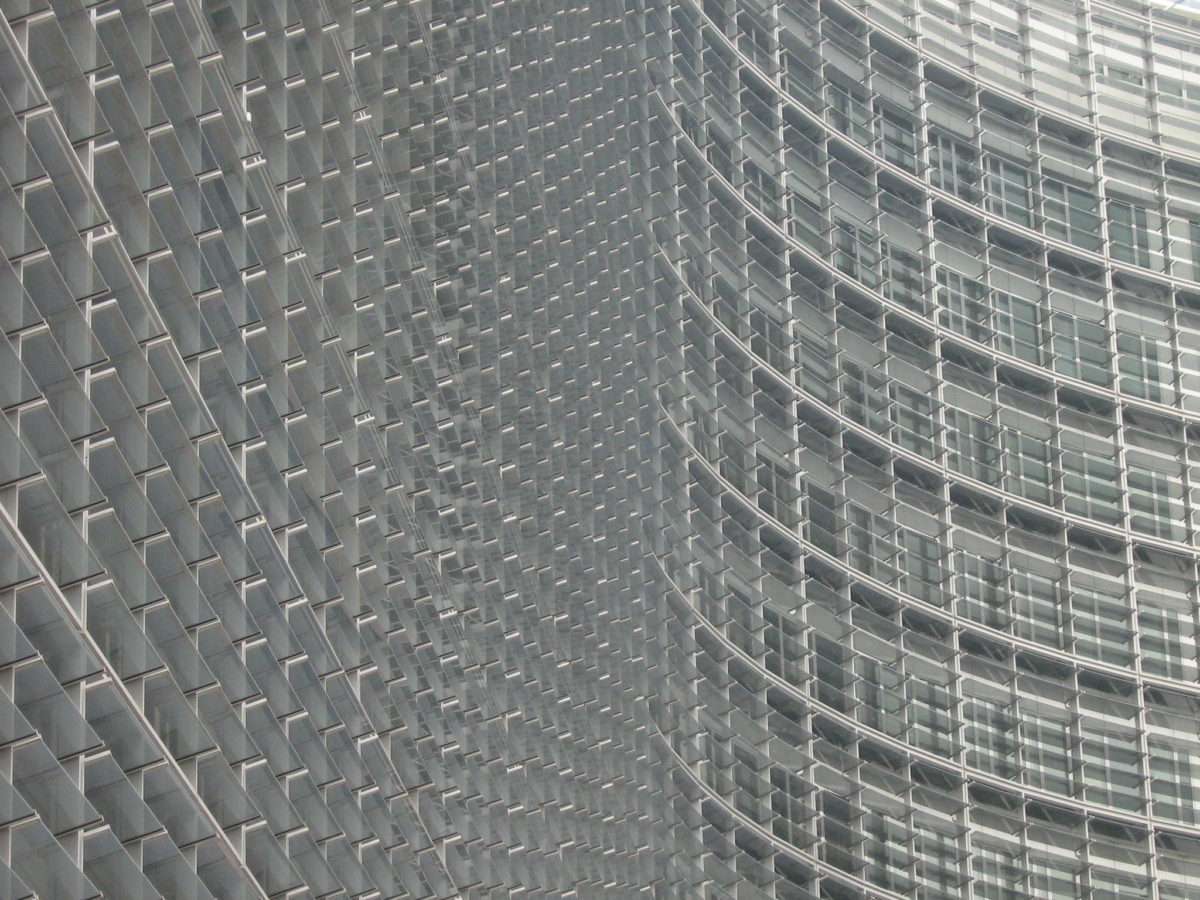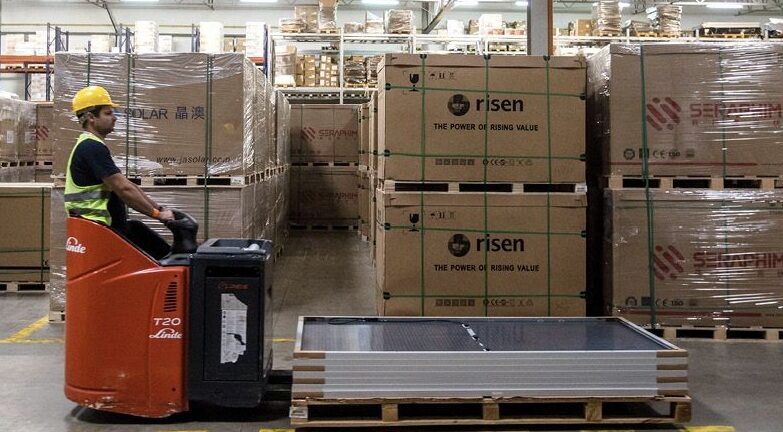With industry body SolarPower Europe having campaigned for an EU-wide industrial strategy for solar, the lobby group has welcomed the European Commission’s stated ambition to take action to drive European industry into a digital, greener age.
The flurry of documents issued by the commission yesterday were necessarily light on detail as plans for the industrial strategy will now have to be discussed by the European Parliament. However, SolarPower Europe expressed its satisfaction at the acknowledgement a more joined-up approach was needed from EU businesses.
SolarPower Europe CEO Walburga Hemetsberger said: “This is an encouraging development from the European Commission. The strategy … provides a promising starting point, reflecting the need to intensify the cooperation between European institutions and renewable industries to develop a concrete ‘industrial toolbox’ for the solar sector.”
Industrial forum
The commission plan, in fact, made no specific reference to the solar industry but did state an ambition of setting up an industrial forum by September to consider the needs of different sectors and said a forthcoming industrial alliance on clean hydrogen would be followed by a similar body dedicated to low-carbon industries. The graphic-heavy brochure published by the commission stated the effectiveness of such alliances had been demonstrated in industries such as battery manufacturing, presumably referring to the European Battery Alliance established by businesses in several EU member states to set up a lithium-ion battery supply chain in the trading bloc.
SolarPower Europe policy director Aurélie Beauvais said: “After intensive engagement on industrial strategy, which included the backing of 25 major European renewables associations and research and national solar associations, it is positive that the commission recognizes the need for a more strategic approach to renewable energy industries. SolarPower Europe is ready to support the activities of the upcoming industrial forum and work with its members to deliver concrete proposals for a comprehensive solar industrial strategy.”
Protectionism
Interestingly, the solar power industry group made no mention of the commission’s intent to publish a white paper by July examining the effects of subsidies applied outside the EU on the bloc’s single market and to consider foreign access to EU funds and public procurement programs. That policy paper, said the commission, would be produced in tandem with efforts by the World Trade Organization to address a lack of reciprocal access to markets as nations such as China, India and the U.S. move towards a more protectionist stance.
The commission also wants to draft action plans on intellectual property – to bolster efforts to prevent the theft of IP – and on sourcing critical raw materials, and promised an industrial alliance devoted to the latter issue at some point as well. Addressing all those issues years ago could have helped a European solar manufacturing industry which saw its first-mover advantage ceded to China.
Raw material sourcing
The proposed strategy also seeks to tighten up the application and enforcement of EU rules in member states, a move which has been made easier now the U.K. no longer has voting rights and which could extract a further €713 billion of value from the single market by 2030, according to commissioners.
This content is protected by copyright and may not be reused. If you want to cooperate with us and would like to reuse some of our content, please contact: editors@pv-magazine.com.




By submitting this form you agree to pv magazine using your data for the purposes of publishing your comment.
Your personal data will only be disclosed or otherwise transmitted to third parties for the purposes of spam filtering or if this is necessary for technical maintenance of the website. Any other transfer to third parties will not take place unless this is justified on the basis of applicable data protection regulations or if pv magazine is legally obliged to do so.
You may revoke this consent at any time with effect for the future, in which case your personal data will be deleted immediately. Otherwise, your data will be deleted if pv magazine has processed your request or the purpose of data storage is fulfilled.
Further information on data privacy can be found in our Data Protection Policy.